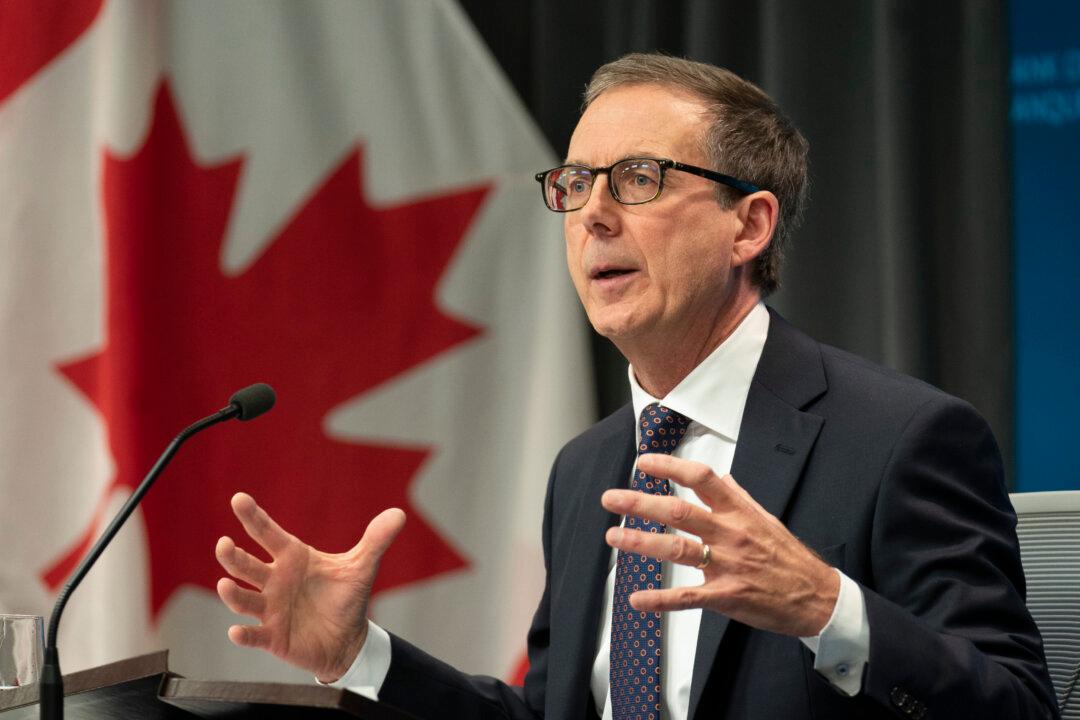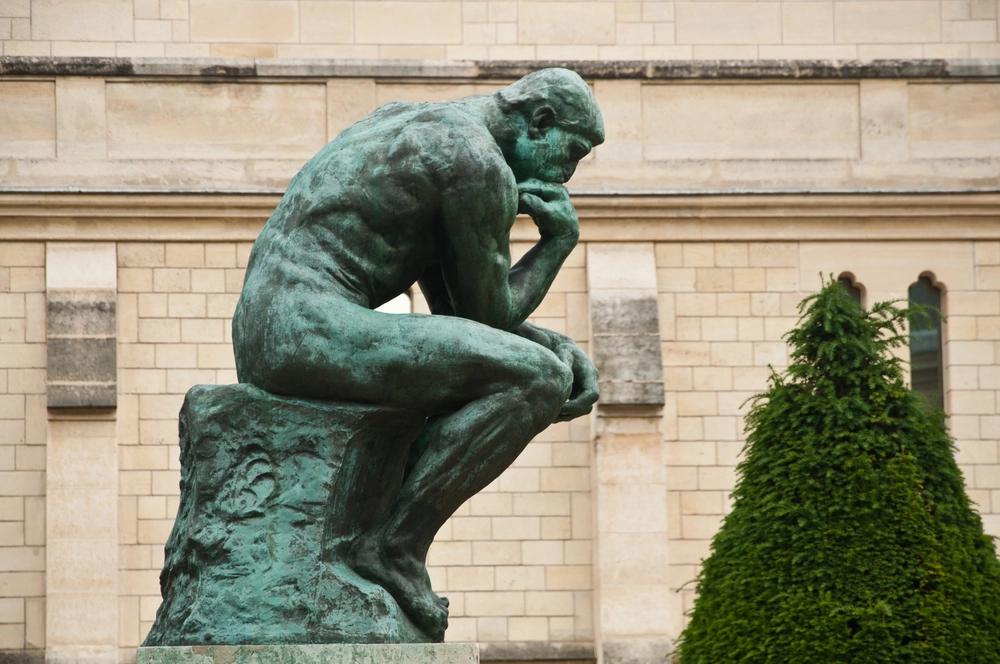Commentary
According to Bank of Canada governor Tiff Macklem, inflation is bad. And while no sum is too great to pay for such insights (in this case somewhere north of a third of a mill, plus benefits), when he says “Look, inflation’s too high and frankly Canadians should be asking us some tough questions” I do have one. What causes inflation?





